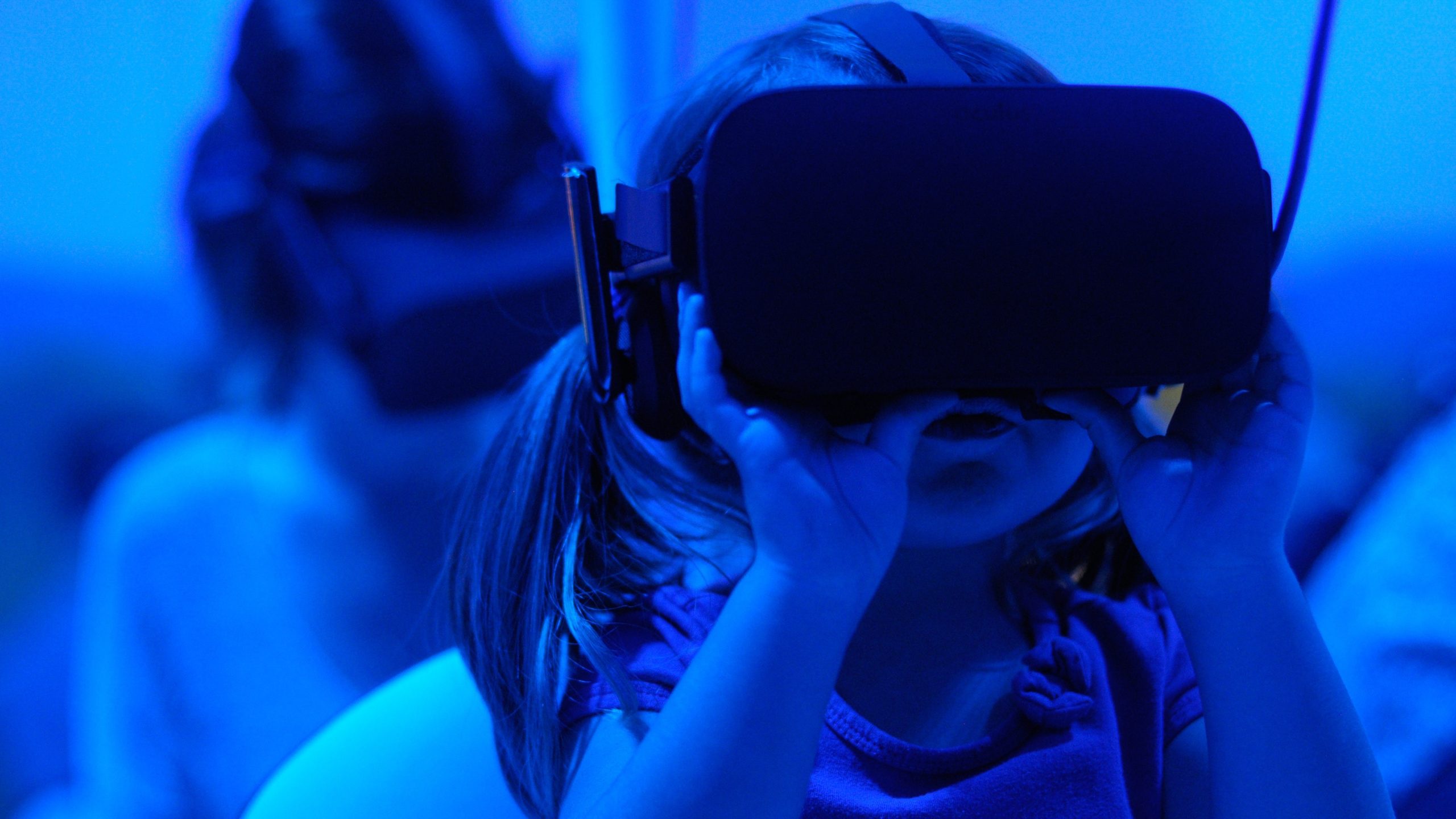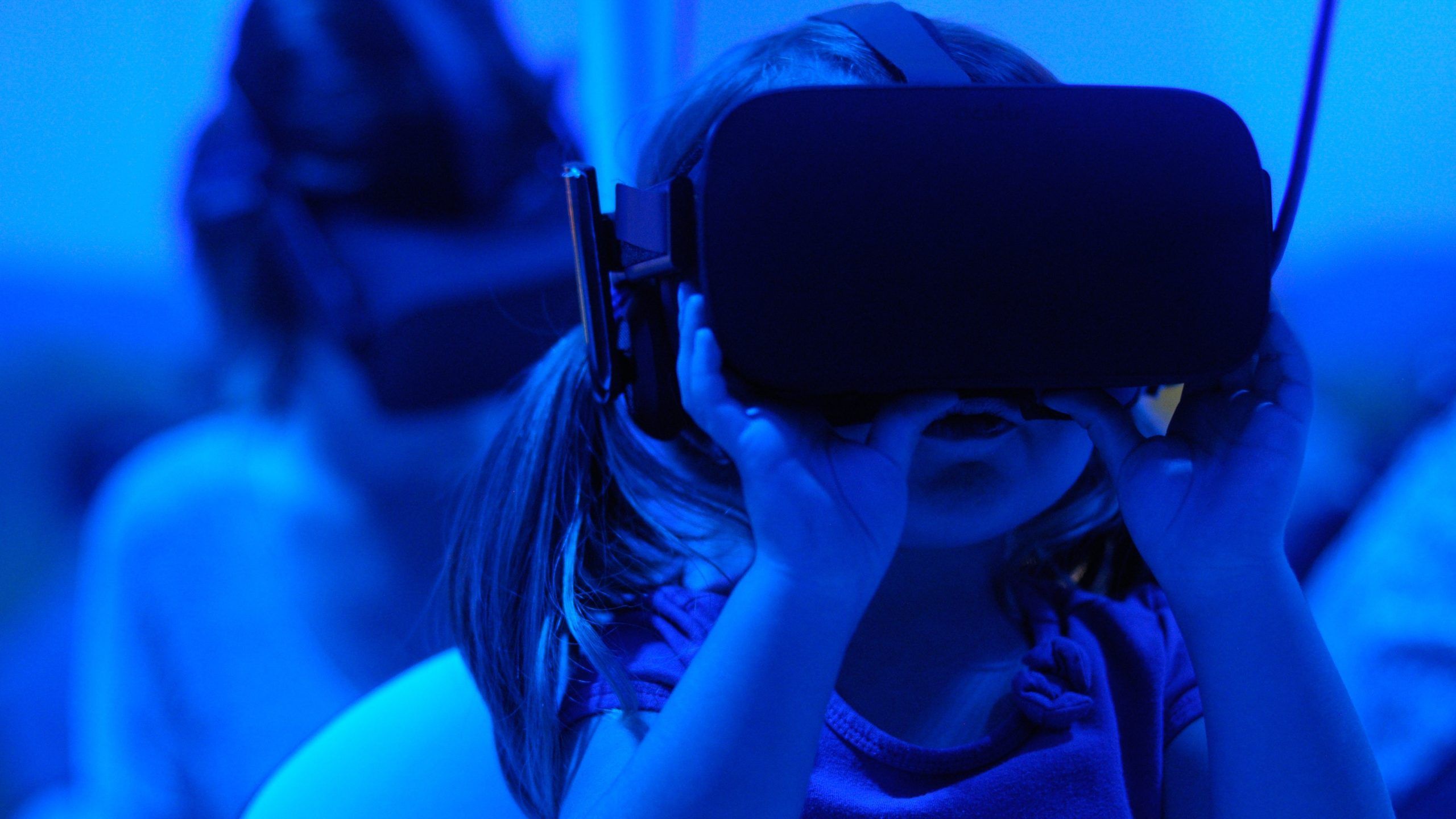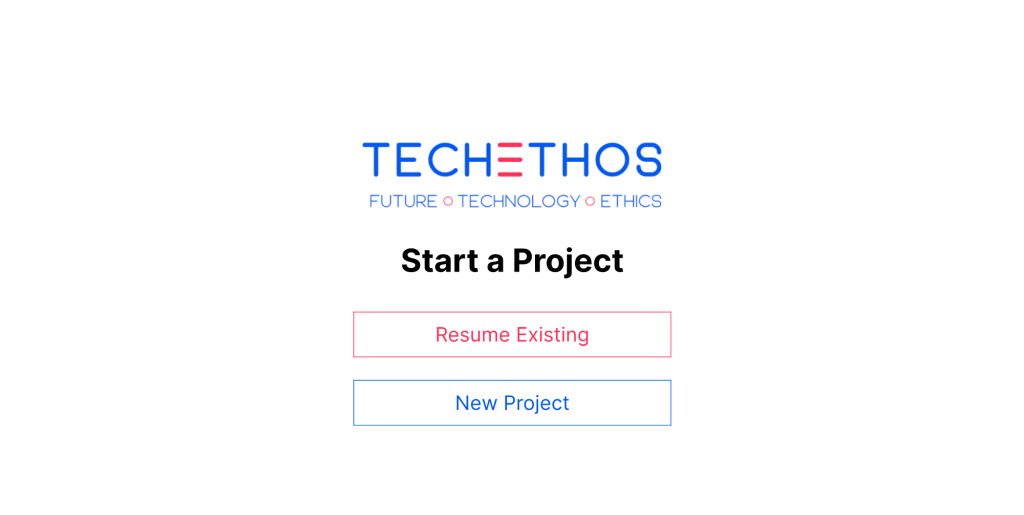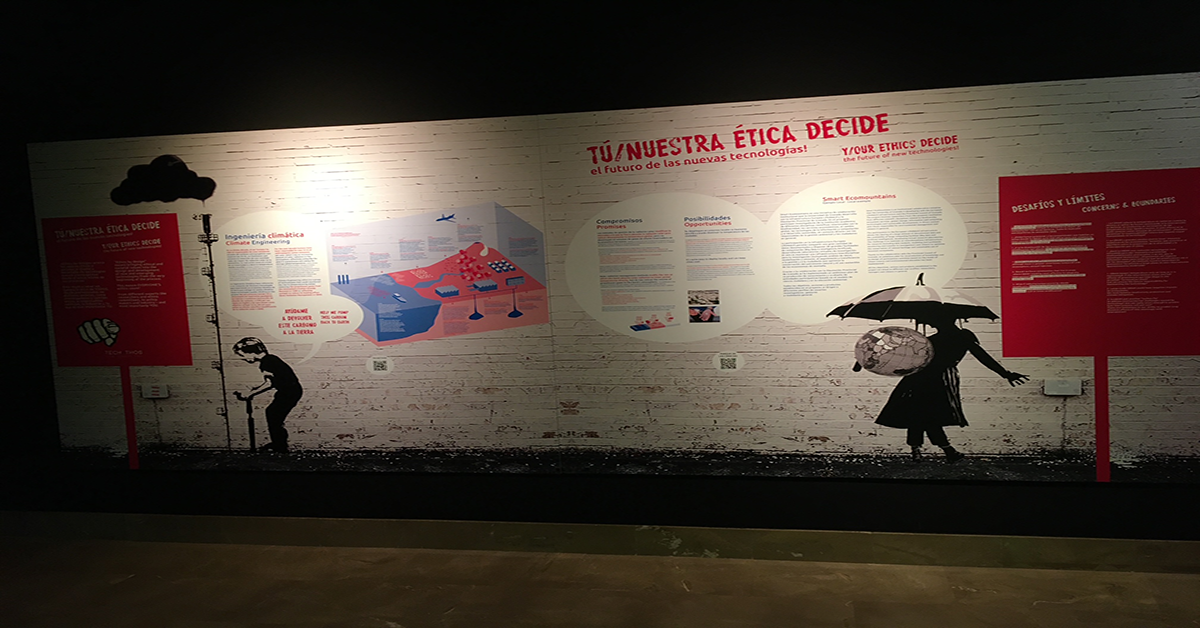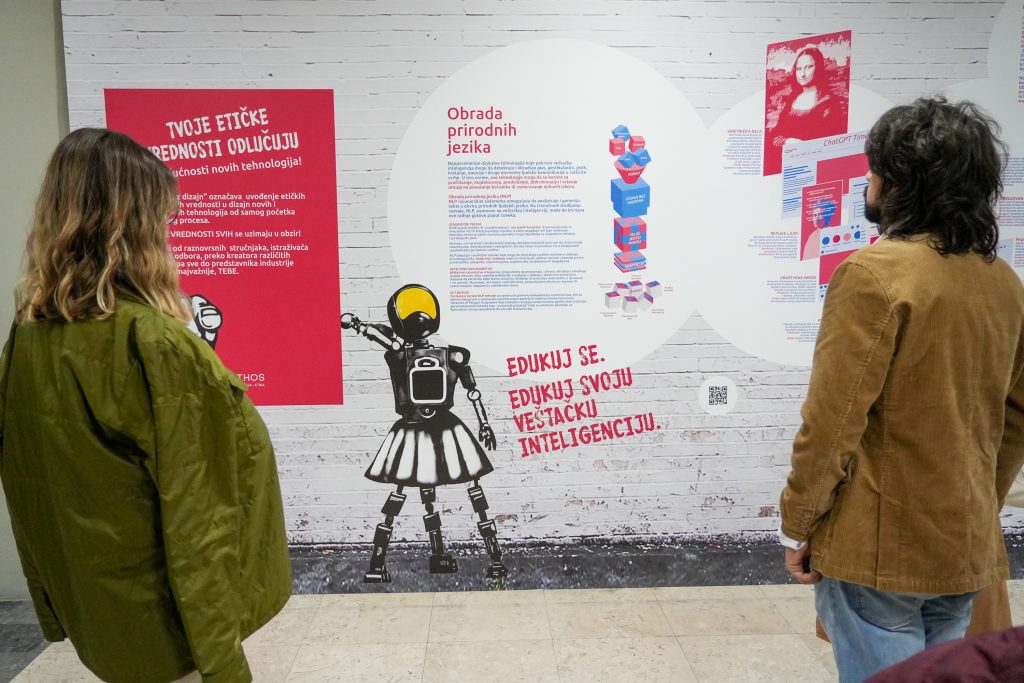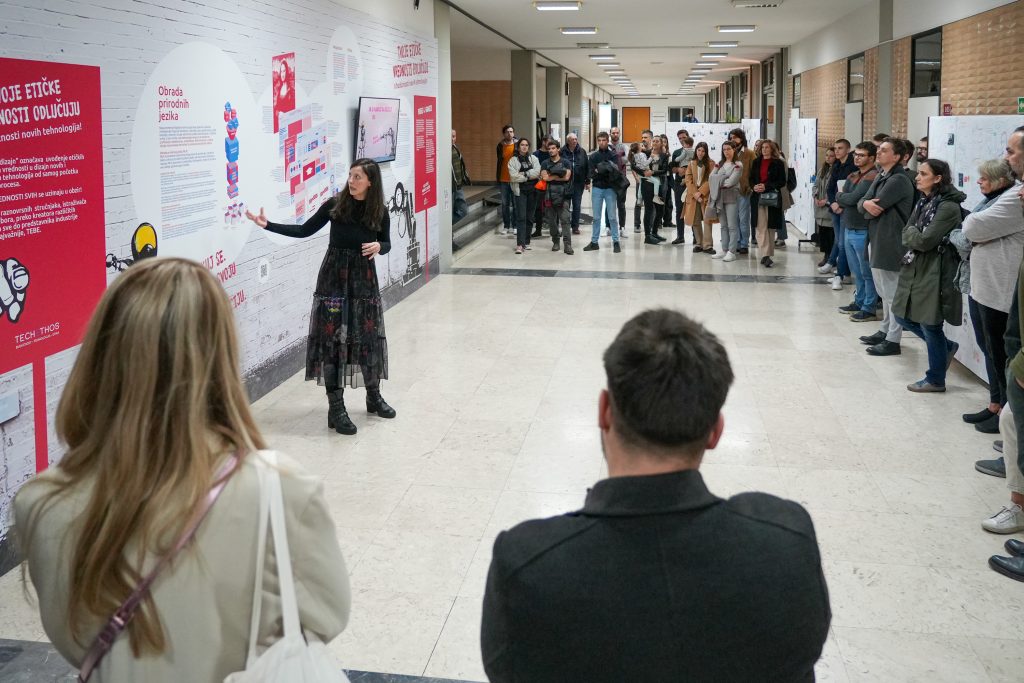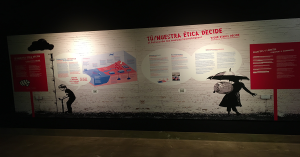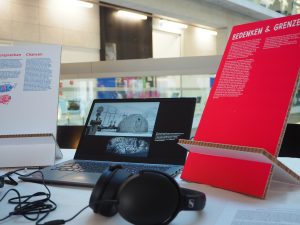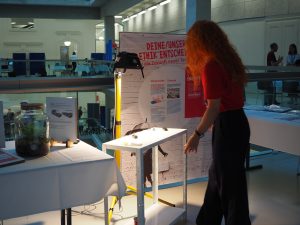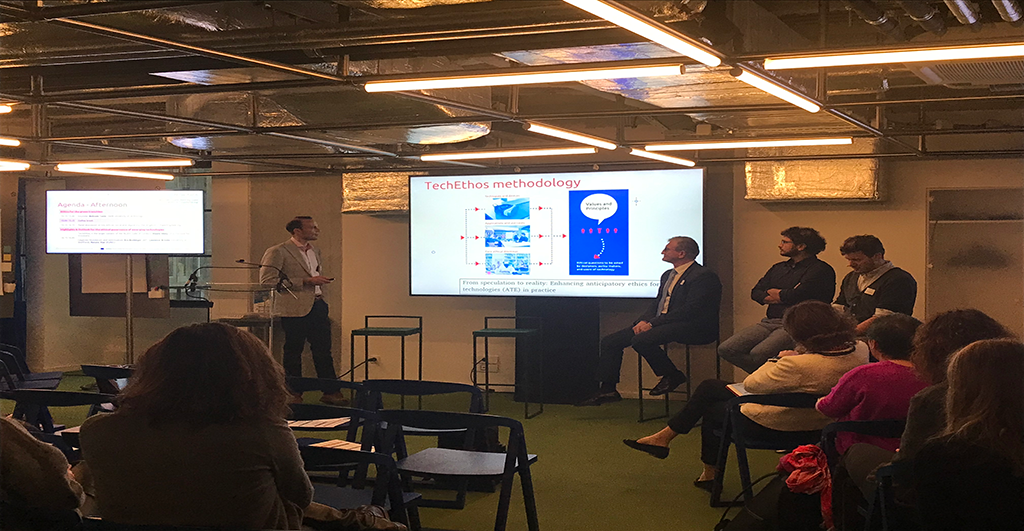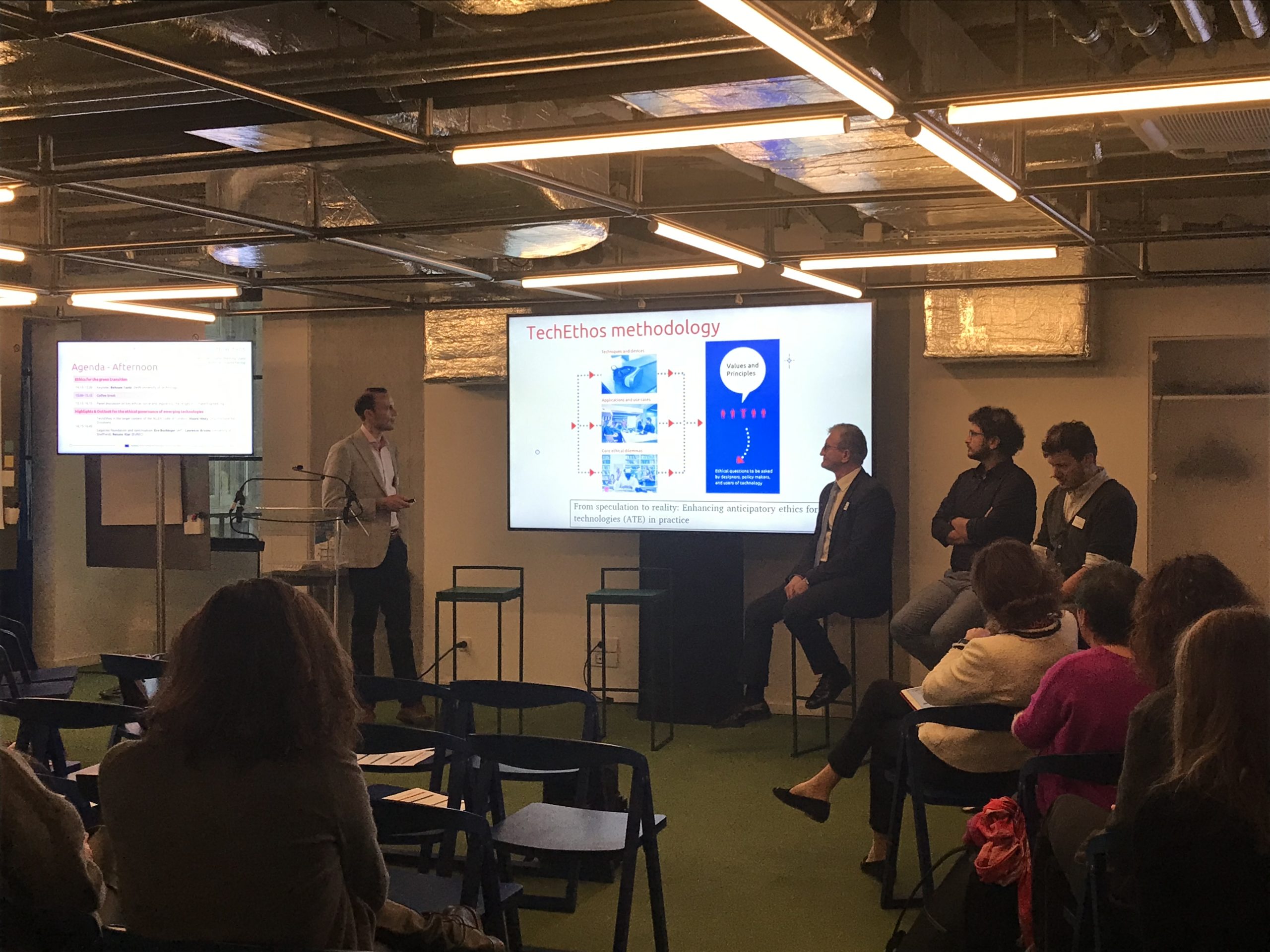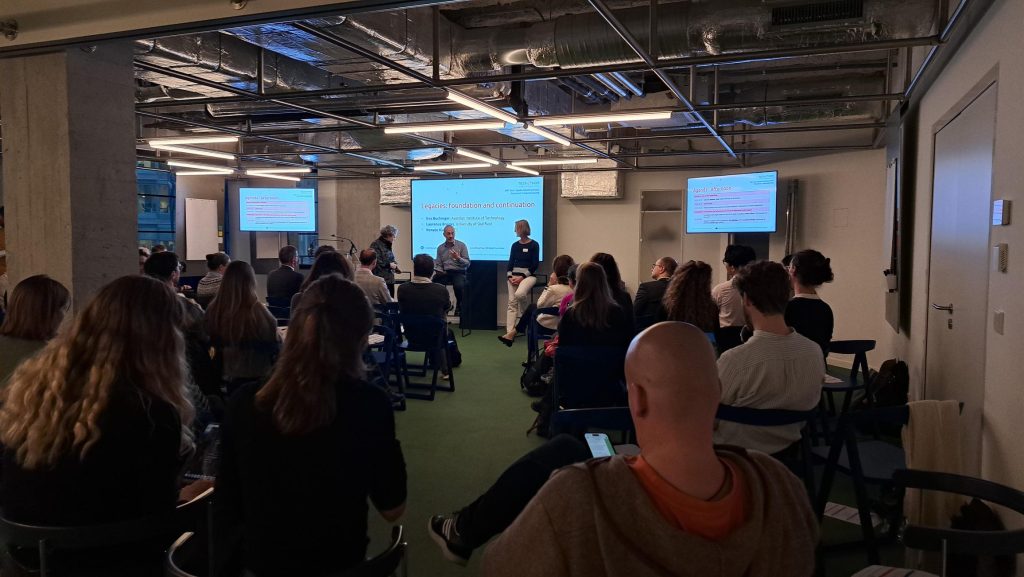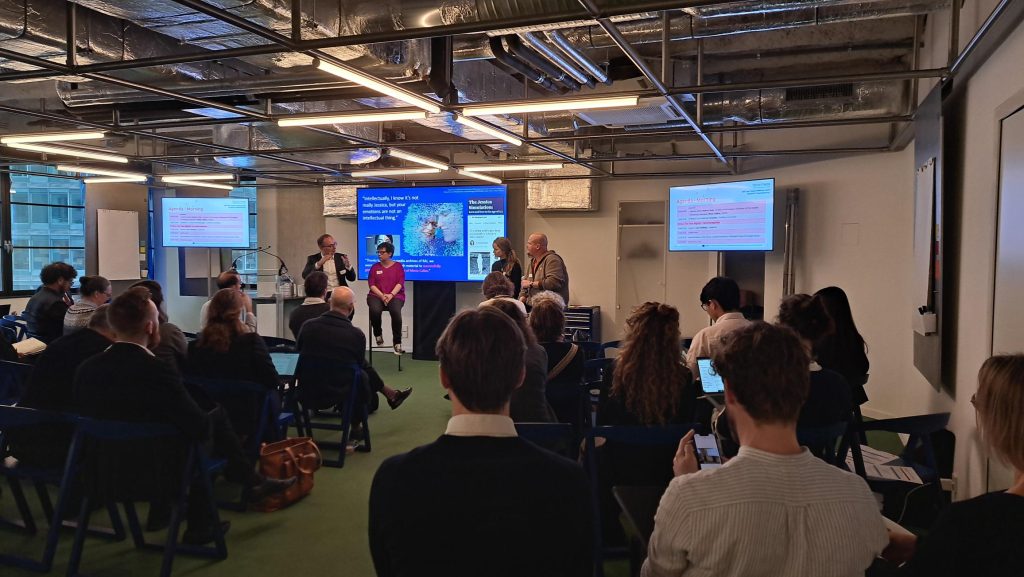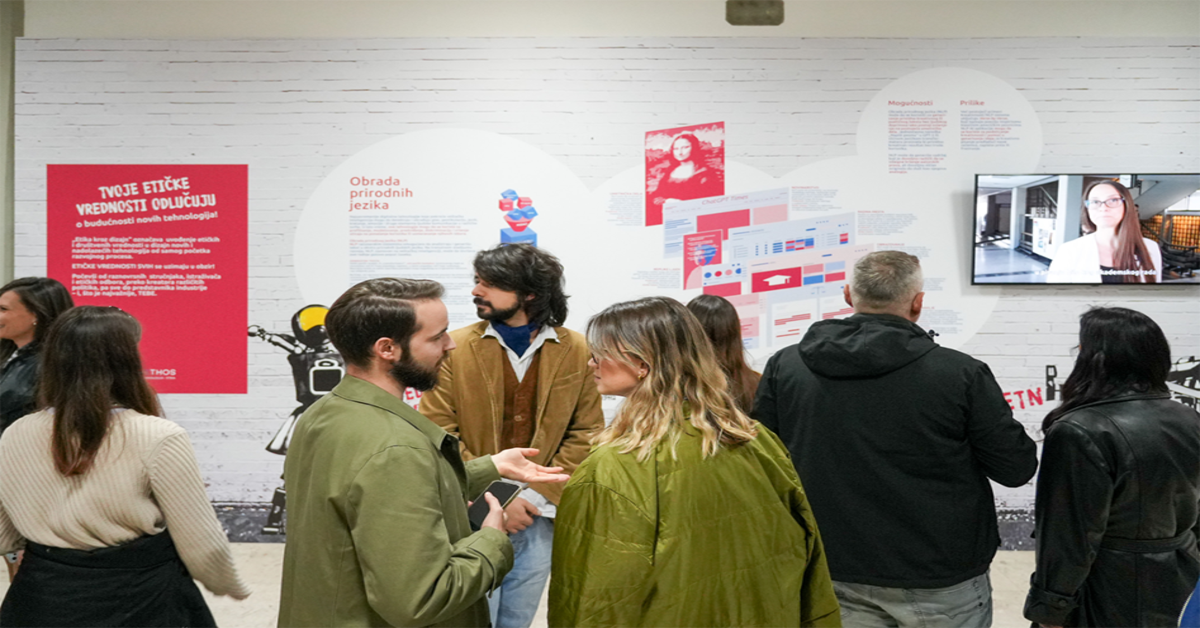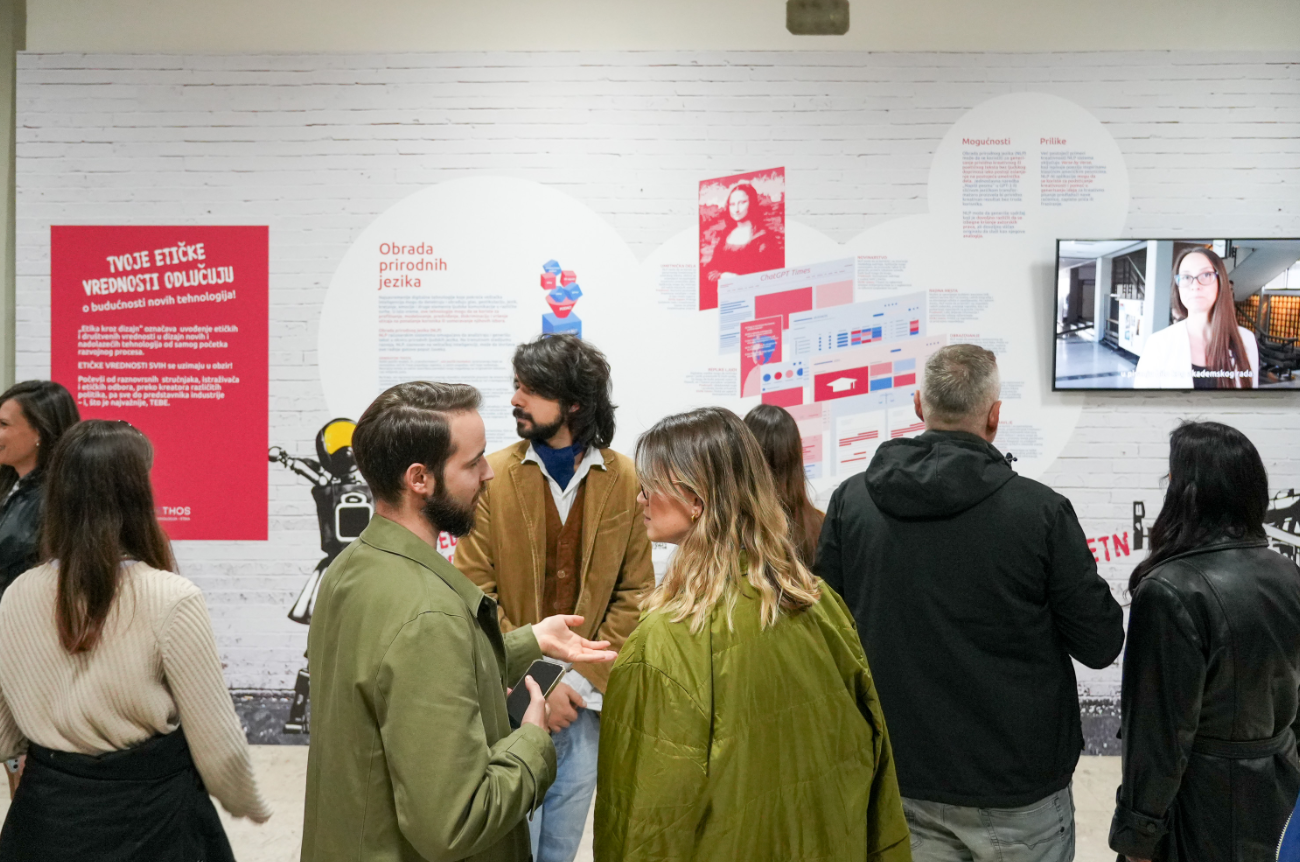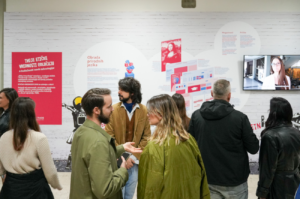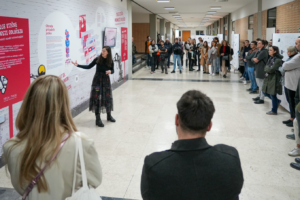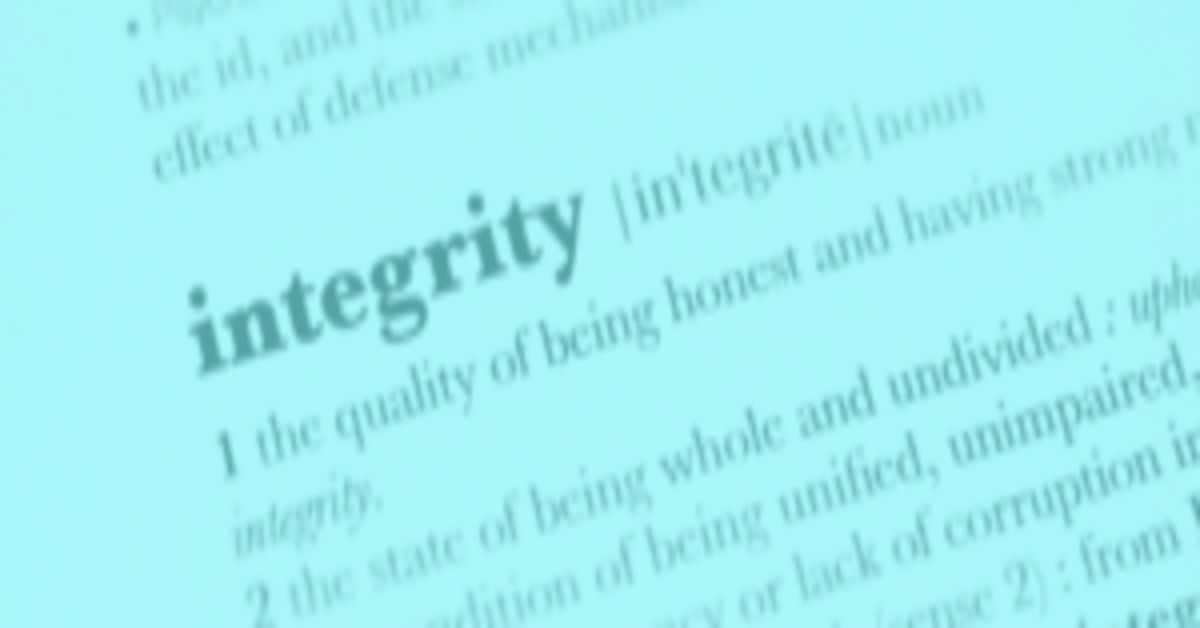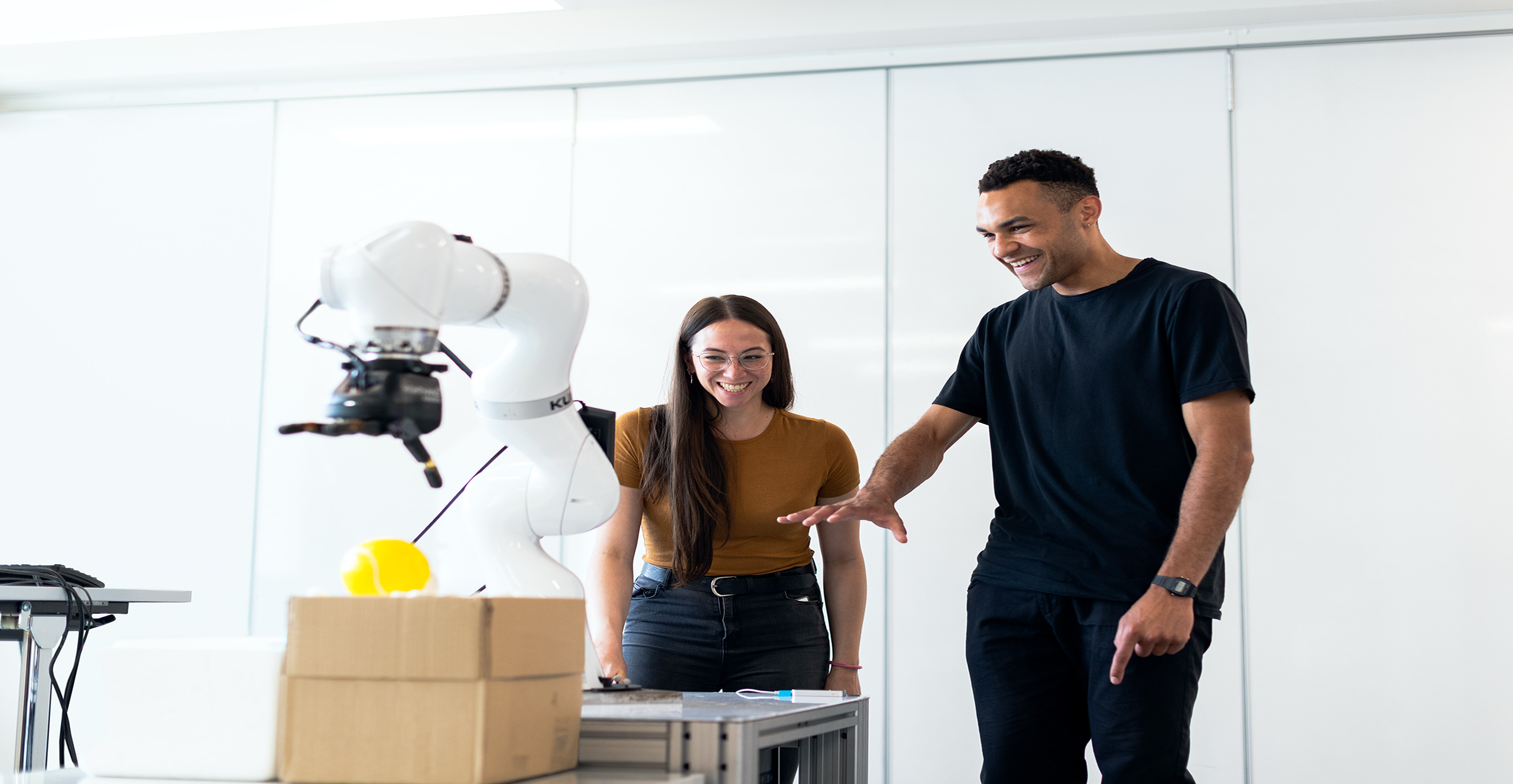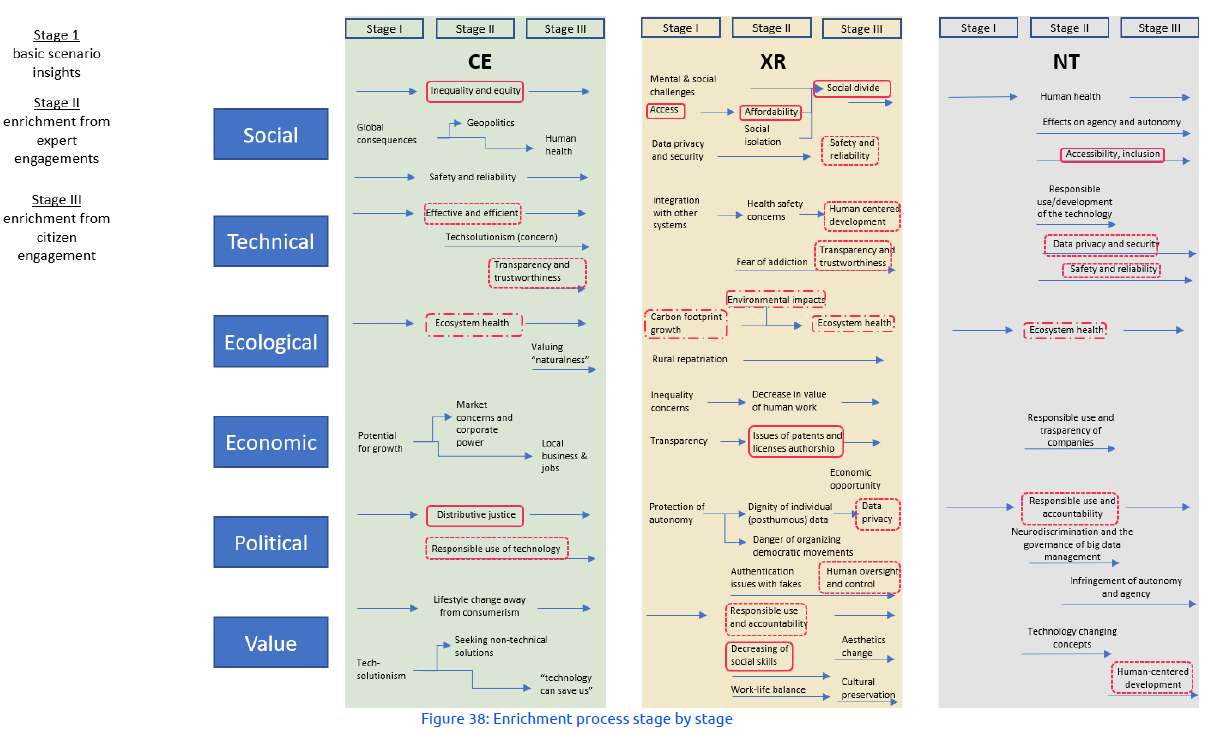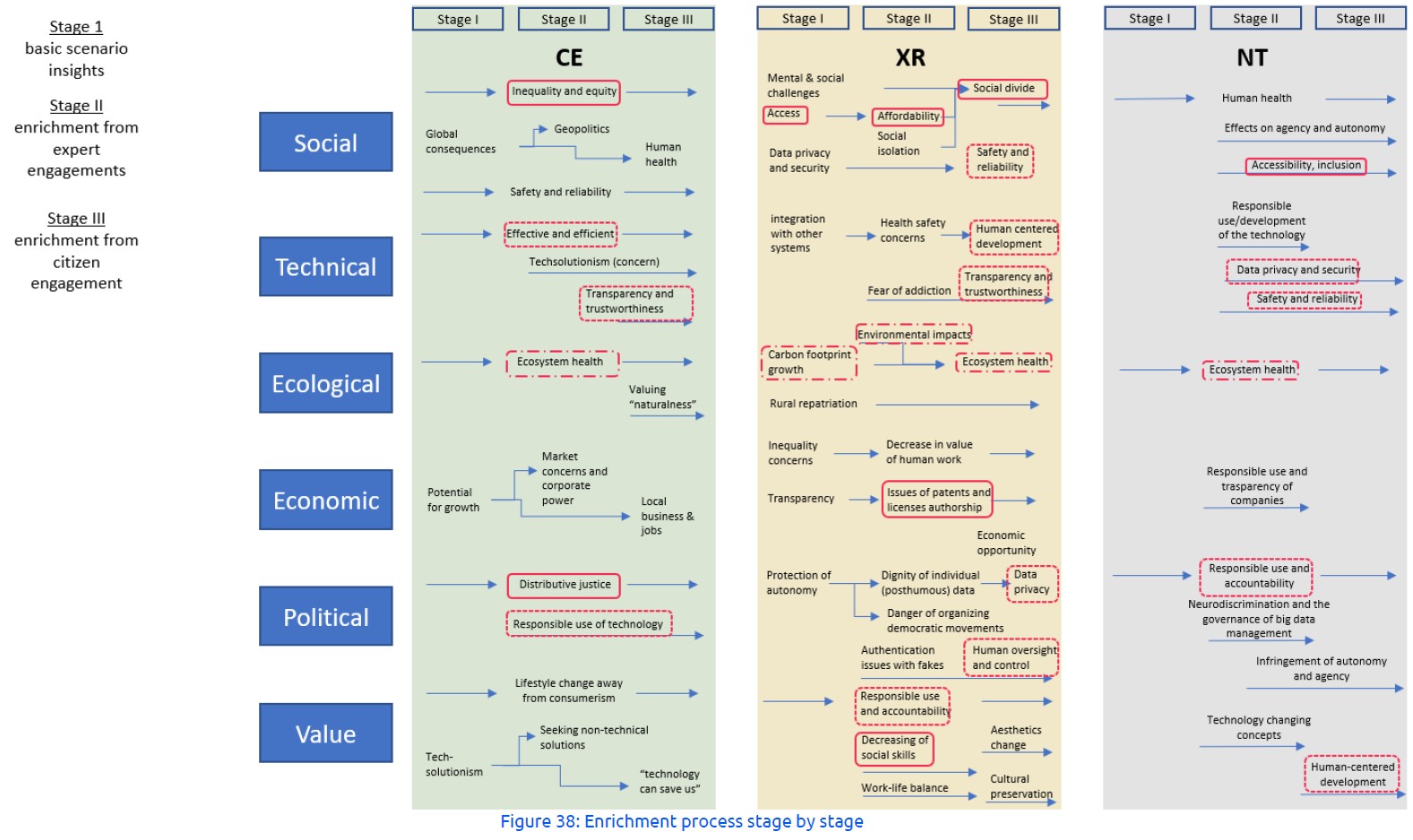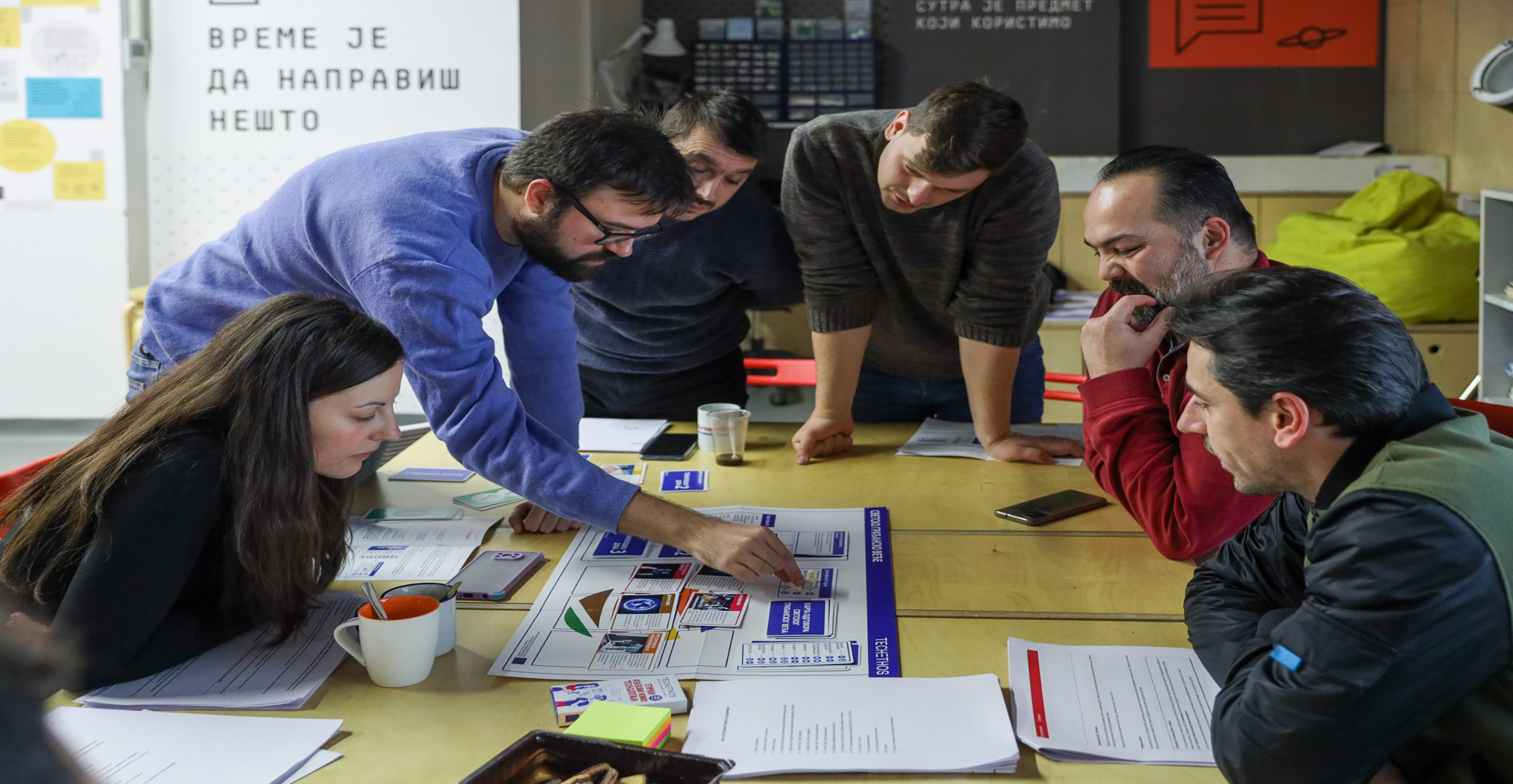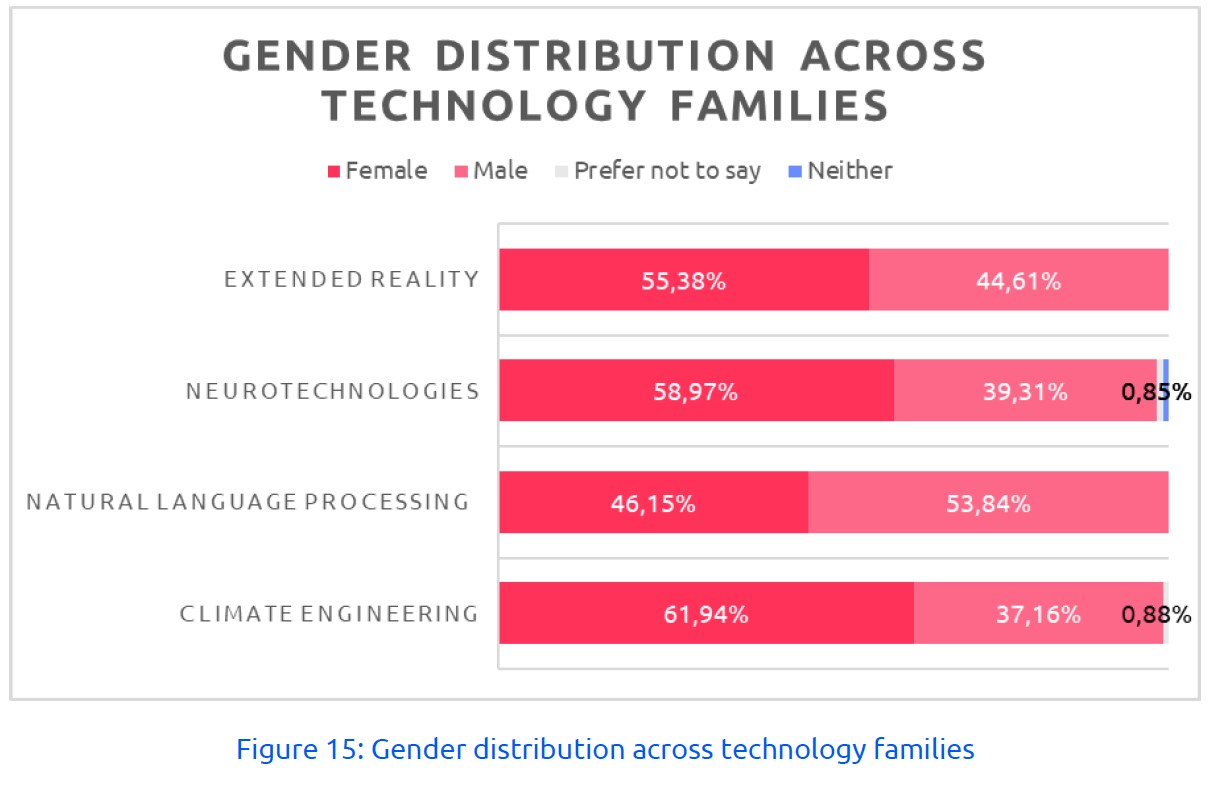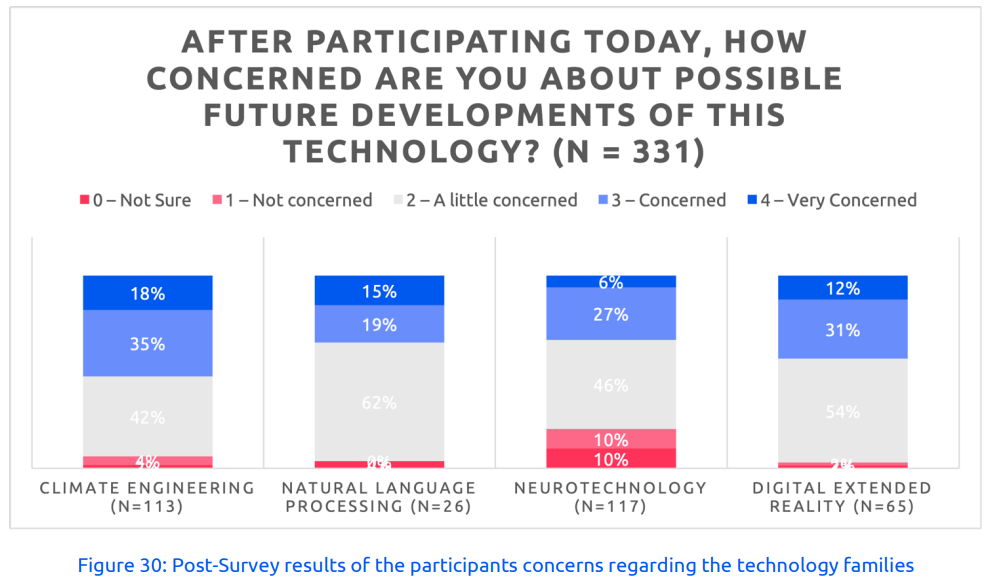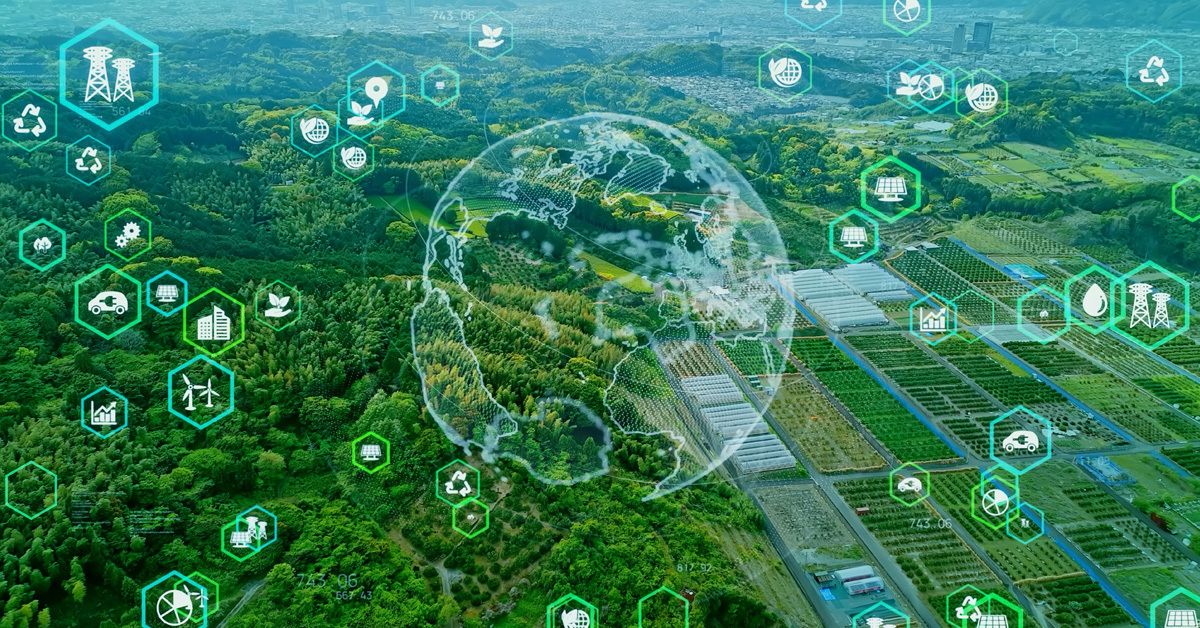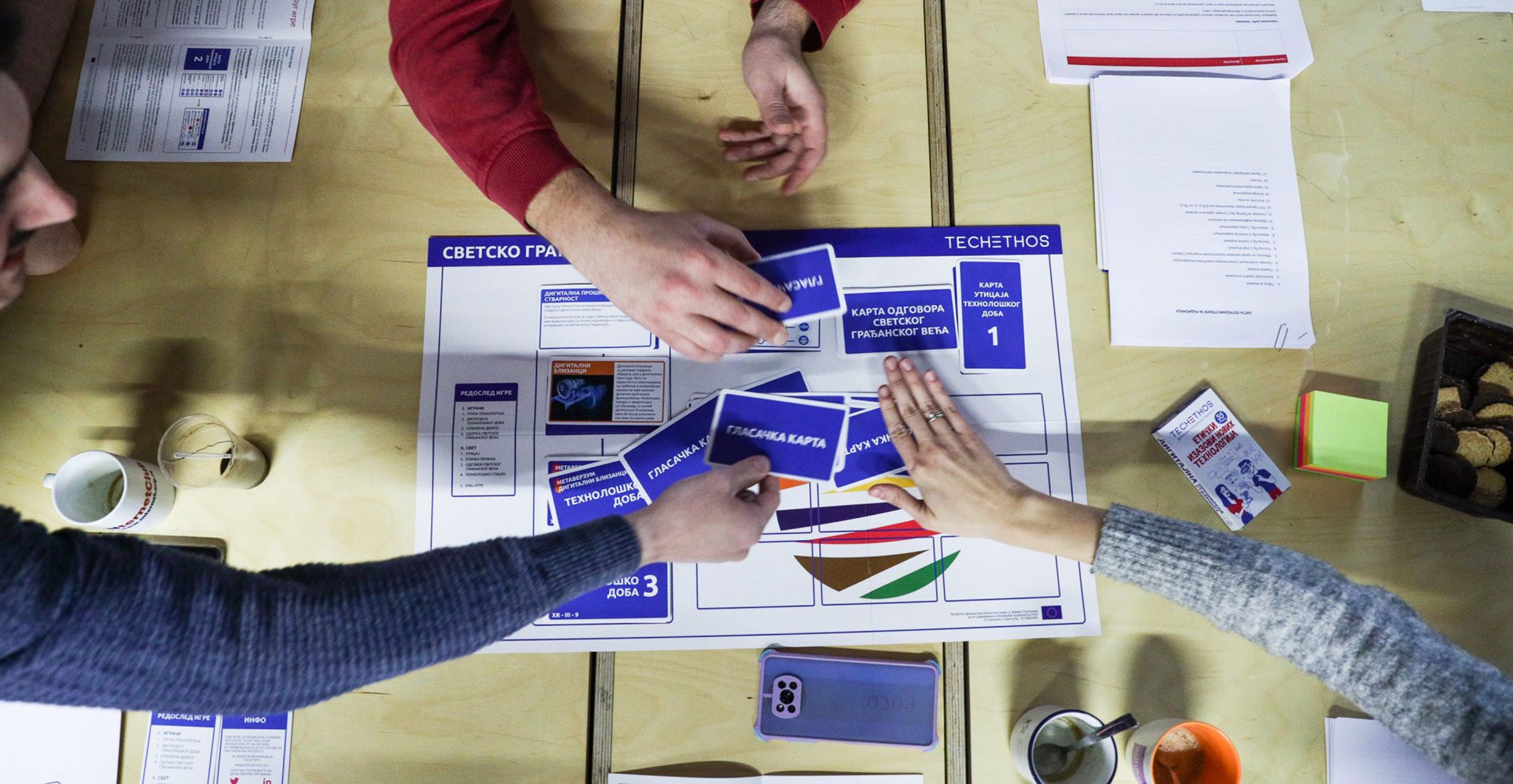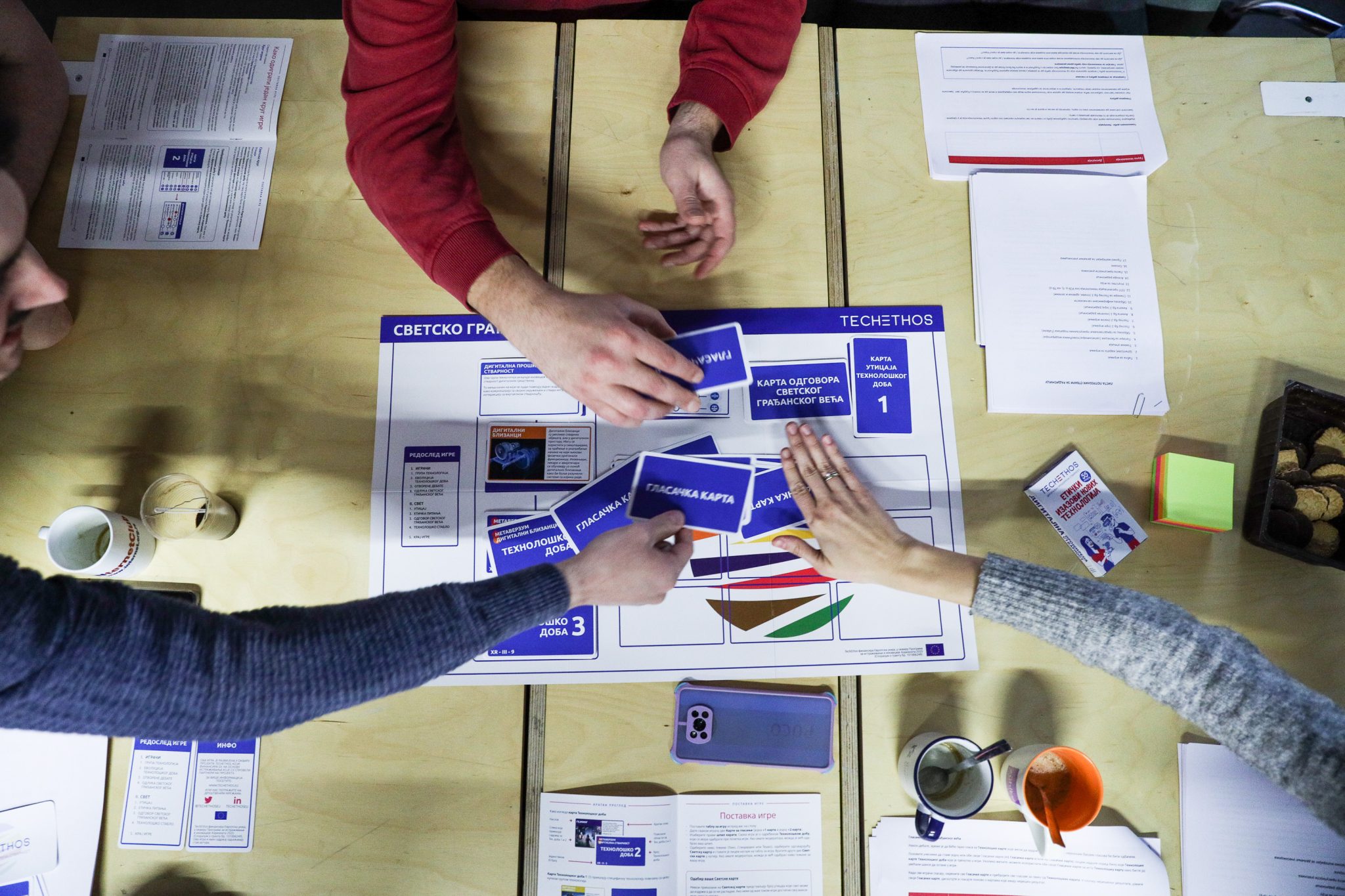Introduction to the multi-stage and multi-stakeholder scenario methodology
This article, summarizing the report D3.1, discusses the involvement of various stakeholders, including the research community and the general public, in considering the ethical implications of new and emerging technologies. This process is outlined as a multi-stage and multi-stakeholder approach within the TechEthos project. The approach involves three stages: creating basic technology scenarios, enriching these scenarios through engagement with experts, and further enhancing them through engagement with the public. This method aims to facilitate the expression of stakeholders’ attitudes, values, and expectations regarding the ethical dimensions of uncertain technologies.
The methodology for societal acceptance analysis includes mapping innovation ecosystems for selected technology families based on horizon scanning, creating basic scenarios for each technology family, and developing scenario exercises and games (see: the ‘TechEthos game: Ages of Technology Impact’). This is done in collaboration with science engagement professionals, gathering expert opinions on ethical implications through the basic scenarios, and obtaining public perspectives on ethical implications through engagement with citizens from various European countries. This approach ensures a comprehensive understanding of different stakeholder viewpoints.
The mapping of innovation ecosystems involves identifying stakeholders associated with three chosen technology families: climate engineering, digital extended reality, and neurotechnologies. The report provides brief descriptions of each family, its relevant technologies and case studies, and the stakeholders involved. The mapping process considers the technological context, relevant stakeholders such as researchers, technology experts, legal and policy experts, ethics experts, civil society organizations, media, and EU-funded projects.
The development of basic scenarios using the STEEPV framework
To evaluate the results, the STEEPV heuristic was applied, to form a common ground between the three stages mentioned above (basic scenarios, expert engagement, citizen engagement). The STEEPV framework is an analytical tool designed to comprehend external environmental changes amid uncertainty, information overload, and disruptions. The acronym covers six dimensions: Social, Technological, Economical, Ecological, Political & Legal, and Human Values developments (see D3.1, section 6.1). These dimensions explore factors like demographics, innovation, market dynamics, ecological impacts, regulations, and cultural influences. By dissecting these facets, STEEPV offers a comprehensive view of the evolving external environment, aiding in understanding past, present, and potential future trends.
The process involves several steps. First, trends and driving forces related to three technology families are identified, focusing on short, medium, and long-term impacts. This is informed by literature review and the results of the ecosystem mapping, yielding an overview of future developments based on STEEPV factors. Second, key factors characterized by “high impact” and “high uncertainty” are chosen from the trend list. This differentiation aids in forming projections for potential futures. Third, projections are developed using a 2×2 matrix, placing each key factor in the center and selecting two dimensions of uncertainty. About 4 projections per key factor per technology result. Fourth, a contingency analysis clusters these projections across STEEPV factors to form raw scenarios, capturing diverse yet plausible potential futures. This yields 3 contrasting raw scenarios per technology. Fifth, partner validation and feedback refine the scenarios, resulting in 3 contrasting basic scenarios per technology.
The basic scenarios were then advanced through a consultation with experts, where they contemplated the ethical concerns linked with the technology families as depicted in the scenarios. The suggested expert solutions to these ethical matters are elaborated upon in document D3.5. Next, the citizens’ awareness and perspectives were considered in the format of science cafes and game workshops. In the remainder of this article we will discuss the general outcomes from this process.
Key takeaways per technology family:
Climate Engineering (CE)
In the social dimension, discussions revolved around inequality, equity, and global consequences, with experts focusing on geopolitical and environmental instability, while citizens expressed concerns about human health impacts. Safety and reliability were highly valued by citizens but received less attention in basic scenarios and expert opinions. In the technological dimension, effectiveness and efficiency were central themes, and both groups emphasized “techsolutionism,” prompting discussions on alternative solutions and the need for trustworthiness and transparency. The ecological dimension emphasized ecosystem health and biodiversity, with citizens favouring natural approaches. Economic discussions centered on growth and local impacts for citizens, while experts addressed power dynamics. Both groups emphasized distributive justice in the political dimension, and citizens also discussed liability concerns. In the value dimension, lifestyle changes and moving away from consumerism were suggested alternatives, with varying perspectives on “techsolutionism” between experts and citizens.
Digital Extended Reality (XR)
In the social dimension, fears of a social divide, increased mental health challenges, and lack of authentic human connections due to virtualization were prominent. Technologically, ensuring safety, reliability, and trustworthiness of the were crucial, while ecological concerns involved increased CO2 emissions, rare earth mining, and changes in urban forms due to virtualization. Economically, XR’s impact on education, labour markets, and work-life balance raised both excitement and concerns. The political dimension highlighted data protection, democracy issues, and the lack of regulation for digital companies. In the value dimension, concerns included dignity of posthumous data, enhanced social isolation, biases (e.g., gender, race) in technology, and the potential loss of authentic human connections and experiences.
Neurotechnologies (NT)
In the social dimension, human health is prioritized, but concerns arise about altering definitions of disabilities or enhancements, potentially leading to discrimination. Technology gaps between users and non-users in different fields of application, like labour markets and individual enhancement, must be addressed for equal accessibility. Autonomy and agency are crucial, focusing on avoiding manipulative influences and ensuring data privacy. The technological dimension stresses responsible use, safety, reliability, and data privacy. The ecological dimension emphasizes ecosystem health, energy consumption, maintenance, and sustainability. The economic dimension discusses private company power, and data use transparency. The political dimension raises concerns about responsible use, neurodiscrimination, governance of big data, and infringement of autonomy. The value dimension calls for a human-centered approach, considering diverse perspectives, including neurodiversity.
